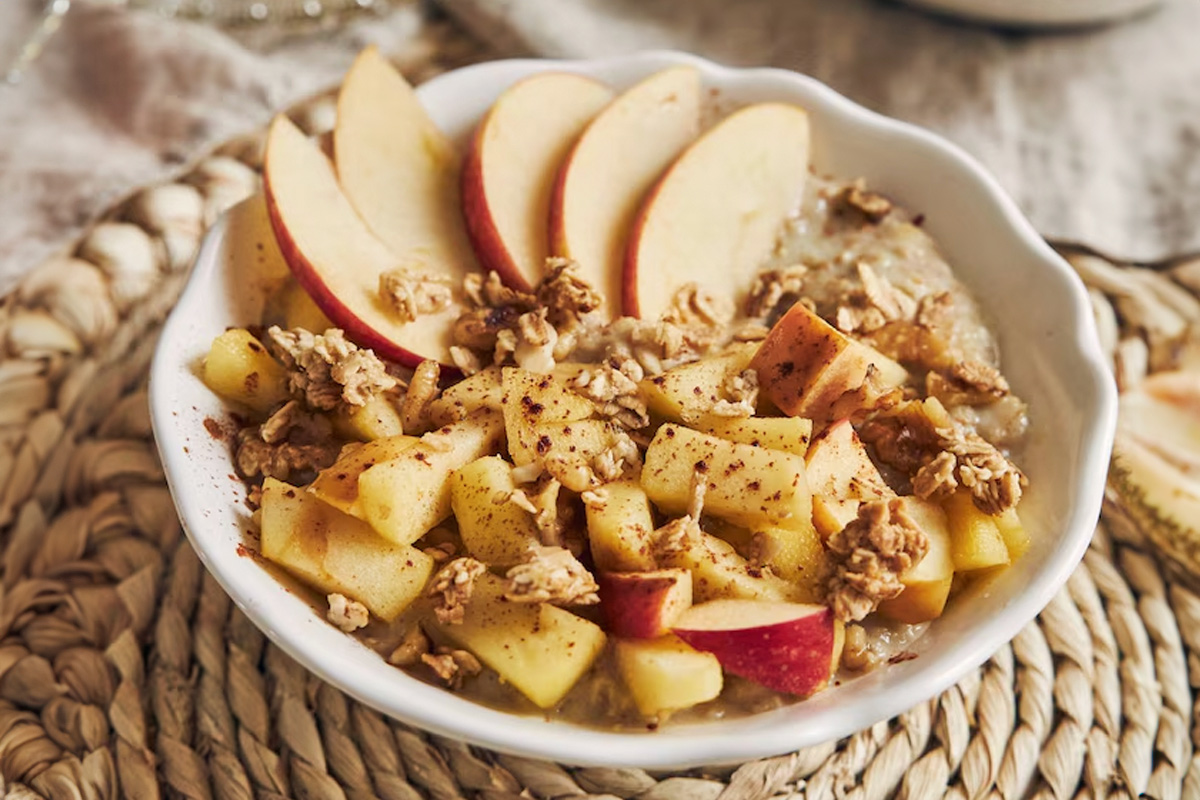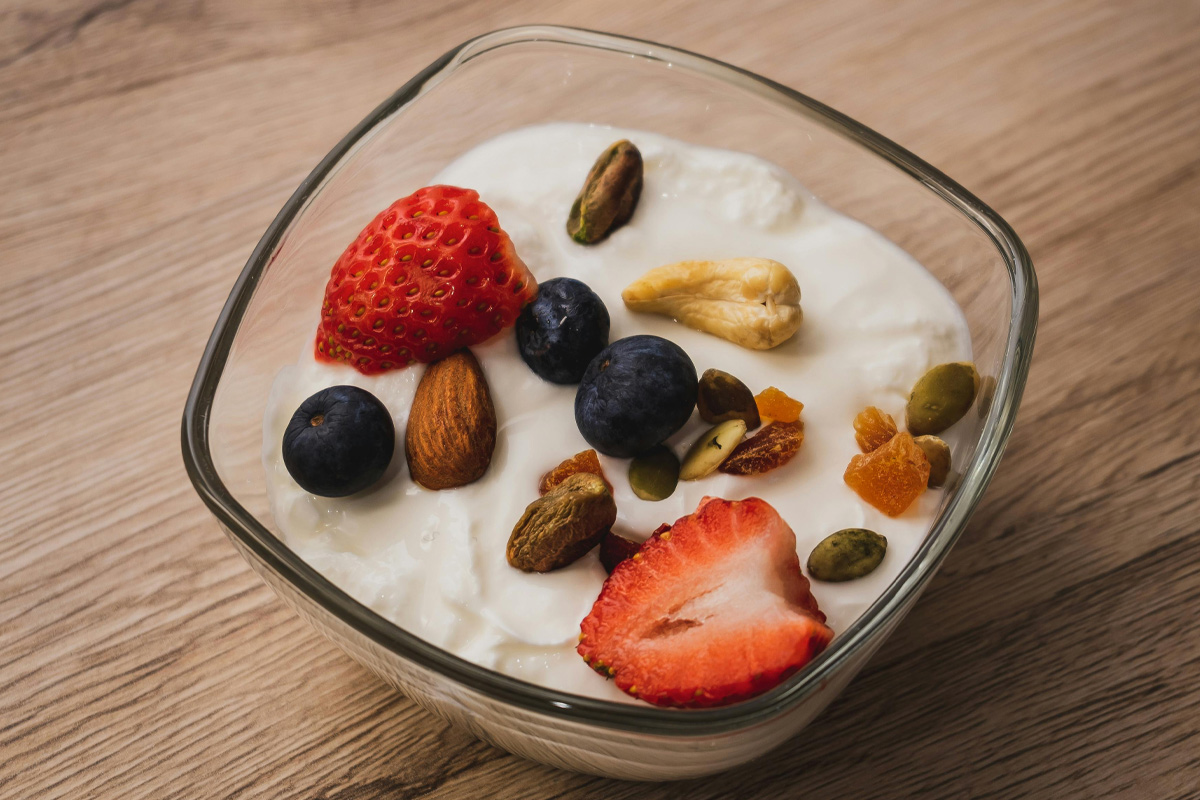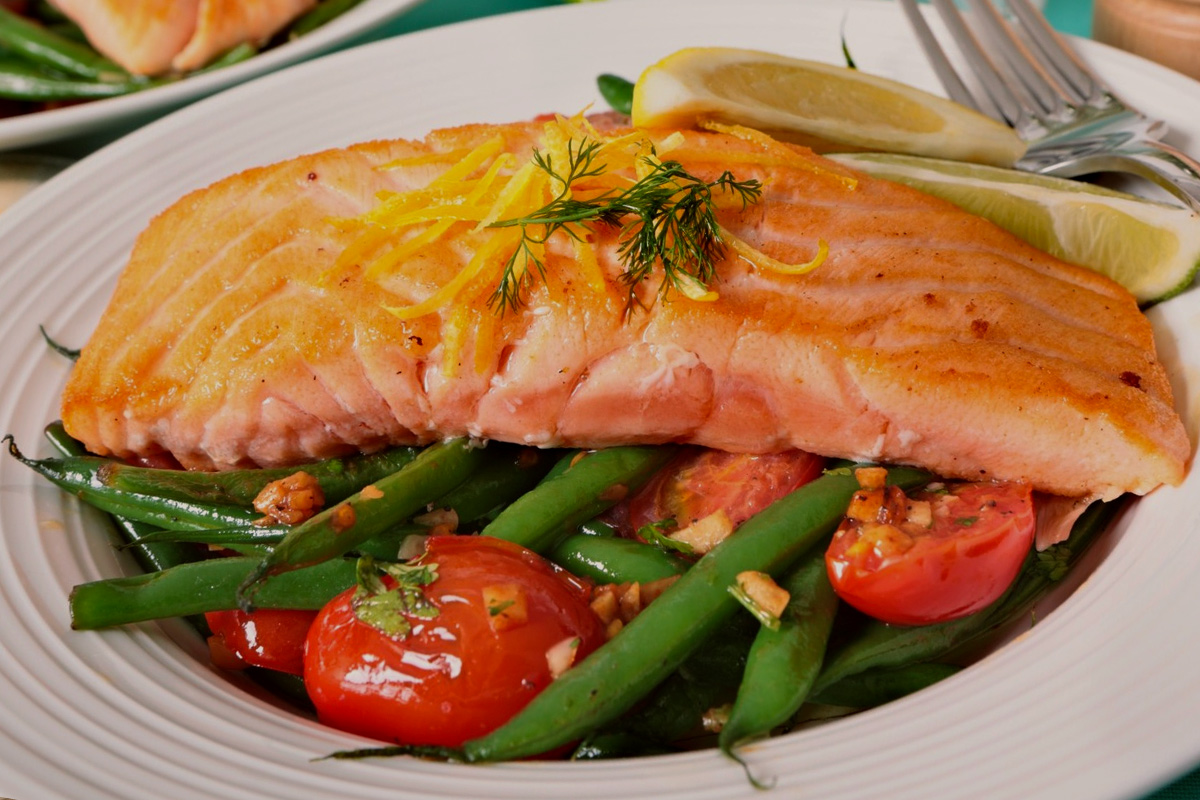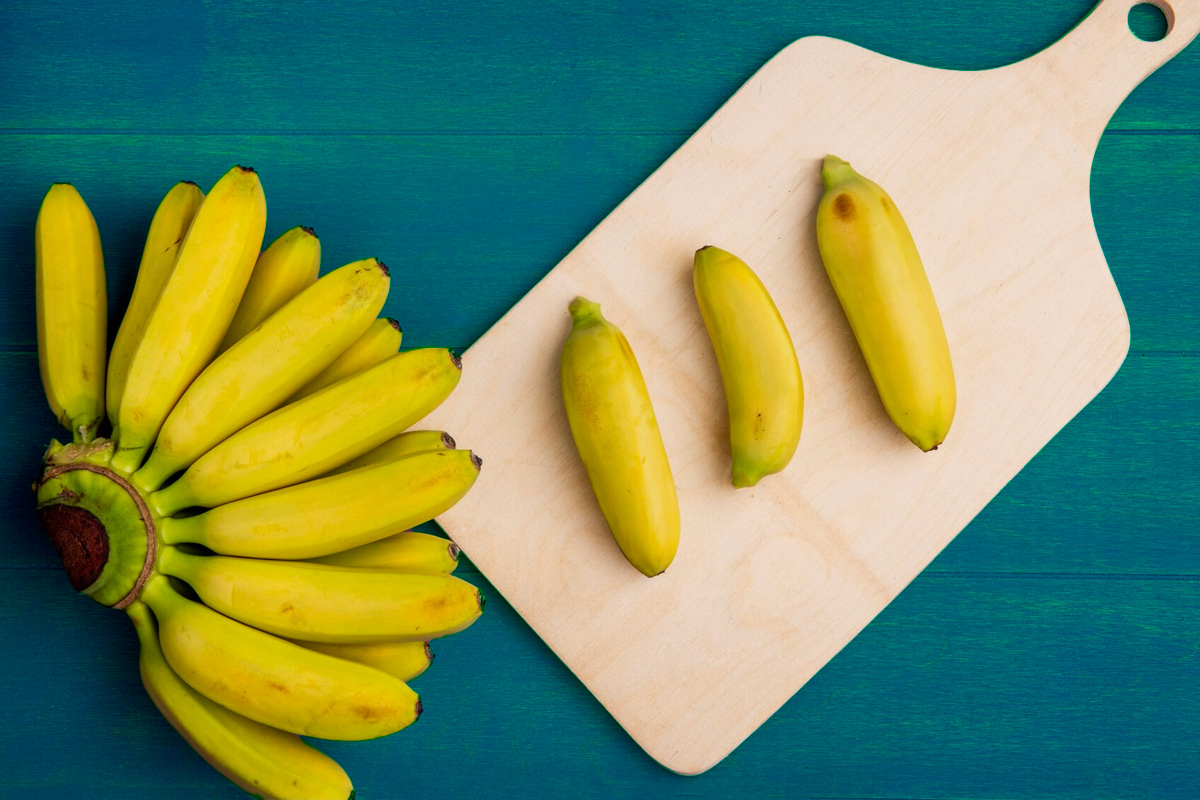Hyperacidity is often influenced by our food choices. Understanding what types of food alleviate symptoms and what types of food trigger heartburn can help you design a diet that keeps the discomfort at bay.
Managing heartburn and hyperacidity often starts with making the right dietary choices. Navigating these conditions daily can be challenging, but this guide will help you understand how certain foods can alleviate or worsen your symptoms. You'll also learn about effective remedies and when it's time to consult a doctor. From identifying common triggers to discovering the best food for relief, this article will empower you to make informed decisions and keep discomfort at bay.
Heartburn in a Nutshell
Heartburn is a painful, burning feeling in the middle of your chest. Although it feels like it’s in your heart, it occurs in your esophagus, the swallowing tube that runs behind your heart . It's also a symptom of gastroesophageal reflux disease (GERD) and can happen after meals, near bedtime or during the night1.
Causes and Triggers
While food can be the top-of-the-mind trigger, it isn't the only thing that causes heartburn. Here are some of the other causes and triggers.
1. Large Meals
Consuming large quantities of food can trigger heartburn. When the stomach remains distended due to overeating, the lower esophageal sphincter (LES)—the muscle that prevents stomach acids from flowing back into the esophagus—may not close properly. This can lead to acid reflux and heartburn.
2. Eating Habits
Rapid eating, eating while lying down, or eating too close to bedtime can also be heartburn triggers. To minimize this risk, it’s best to avoid eating during the two or three hours before bedtime.
3. Smoking
Smoking cigarettes is another potential cause of heartburn and GERD as it weakens the esophageal sphincter and allows stomach acid to flow backward into the esophagus2. Quitting smoking can significantly improve symptoms.
4. Hiatal Hernia
A hiatal hernia occurs when the upper part of the stomach and the LES move above the diaphragm3. The diaphragm has a small opening called a hiatus. The esophagus passes through the hiatus before connecting to the stomach. During a hiatal hernia, the stomach pushes up through that opening and into the chest. This condition makes acid reflux more likely, leading to heartburn.
5. Obesity
A 2021 review showed that GERD is strongly associated with obesity4 and that weight loss has been demonstrated to be an effective therapy for GERD combined with obesity.
6. Medication
Certain medications, both over-the-counter and prescription drugs, can increase the likelihood of heartburn. These include medicines used to treat asthma, high blood pressure, heart problems, arthritis, inflammation, osteoporosis, anxiety, insomnia, depression, pain, Parkinson’s disease, muscle spasms, and cancer.
Heartburn-Friendly Food Choices
Research and recommendations from healthcare professionals suggest that the right types of food can help alleviate heartburn symptoms5. Choosing heartburn-friendly options can provide relief and support digestive health. Here are some expert-recommended foods to try:
1. Oatmeal

Plain, unsweetened oatmeal can soothe your stomach and reduce acid reflux due to its high fiber content6. Choose steel-cut or rolled oats rather than instant oatmeal, as the latter often contains added sugar, which can aggravate symptoms. It also absorbs stomach acid, which could help reduce symptoms of GERD. For something sweet, top your oatmeal with bananas, apples or pears.
2. Yogurt

For yogurt, it’s best to choose low-fat or nonfat yogurt. It’s a dairy product that can help ease heartburn, sooth stomach discomfort, and provide a cooling sensation. Yogurt is good for acid reflux because of the probiotics that help normalize bowel function.
3. Ginger Tea

Known for its soothing properties, ginger tea can calm your stomach and may reduce the symptoms of acid reflux by decreasing pressure on the lower esophageal sphincter8.
| Important Note |
| If you are taking medications for hypertension or blood thinning, consult your doctor before consuming ginger tea regularly, as it may interact with these medications. |
4. Salmon

As a lean protein, salmon is a good choice for those with heartburn.6 Be mindful of cooking methods: baking, broiling, or grilling are better than frying.
5. Watermelon

This water-based fruit Watermelon comprises 92% water and has powerful anti-inflammatory properties, which helps ease digestion.
6. Bananas

Low-acid fruits like bananas are less likely to trigger heartburn. They’re also rich in pectin — a soluble fiber that helps keep food flowing nicely through the digestive tract.6
Food You Should Avoid
When managing heartburn, it's crucial to be aware of the foods that trigger heartburn, as they can significantly worsen your symptoms. Certain ingredients and dishes are more likely to irritate the esophagus or increase stomach acid 7, making them important to avoid if you're prone to acid reflux. In this section, we'll explore some of the worst offenders and why they should be limited in your diet.
1. Spicy Food
Food with a lot of spices, like hot peppers, chili, and salsa, can irritate the esophagus and lead to heartburn.7 The capsaicin in spicy foods slows down the rate of digestion, which can cause stomach acid to linger and trigger reflux.
2. Citrus Fruits
Oranges, lemons, grapefruits, and other citrus fruits are highly acidic and may increase stomach acid, leading to heartburn. Their high acid content can irritate the esophagus, making them a common trigger.7
3. Tomatoes and Tomato-Based Products
Tomatoes are acidic, which may cause heartburn7. Tomato-based products like pasta sauce, ketchup, and pizza sauce are also common culprits for those prone to acid reflux.
4. Fried and Fatty Food
High-fat food like fried chicken, french fries, and greasy burgers may slow digestion and increase heartburn risk. Fatty foods relax the lower esophageal sphincter, allowing stomach acid to back into the esophagus7.
5. Chocolate
Chocolate contains caffeine and a compound called theobromine, which can relax the lower esophageal sphincter and lead to acid reflux. The high fat content in chocolate may also contribute to heartburn symptoms.7
Get Fast and Effective Relief
When experiencing heartburn and hyperacidity, you can take Sodium Alginate + Sodium Bicarbonate + Calcium Carbonate (Gaviscon) for fast and effective relief. Sodium Alginate + Sodium Bicarbonate + Calcium Carbonate (Gaviscon) range of products are designed to relieve heartburn and hyperacidity, providing fast and effective relief. Sodium Alginate + Sodium Bicarbonate + Calcium Carbonate (Gaviscon) works in as fast as three minutes and provides effective heartburn relief for up to four hours.
Sodium Alginate + Sodium Bicarbonate + Calcium Carbonate (Gaviscon Double Action) tablets are particularly effective, targeting both heartburn and acid reflux by neutralizing stomach acid and forming a protective barrier to prevent acid from rising.
For those who prefer a liquid solution, Sodium Alginate + Sodium Bicarbonate + Calcium Carbonate (Gaviscon) offers a soothing option by creating a protective layer over stomach contents, ideal for occasional heartburn.
If you need relief on the go, Sodium Alginate + Sodium Bicarbonate + Calcium Carbonate (Gaviscon Double Action) sachets provide the same powerful formula as tablets in a convenient, portable format, ensuring you’re covered no matter where you are.
Sodium Alginate + Sodium Bicarbonate + Calcium Carbonate (Gaviscon) is available at leading drug stores and pharmacies nationwide and on the Reckitt Health and Beauty on Lazada and Reckitt Health Official on Shopee.
When to Consult a Doctor?
Consult a doctor if you have frequent heartburn, occurring two or more times a week and changes to your diet or eating pattern haven't helped.7 Additionally, other symptoms such as difficulty swallowing, chronic cough, or chest pain should not be ignored, as they may be related to other underlying issues.
It’s important to provide your doctor with details about when your symptoms occur—such as after meals or bedtime—and any specific food triggers that can help diagnose the problem. Chronic heartburn, if left untreated, can lead to severe complications, so seeking medical advice ensures you receive the proper evaluation, diagnosis, and treatment needed to manage your symptoms effectively.
References:
- Gaviscon Philippines. (n.d.). Heartburn causes and symptoms. Retrieved December 2, 2024, from https://www.gaviscon.com.ph/symptoms/heartburn/#causes
- Johns Hopkins Medicine. (n.d.). Smoking and the digestive system. Retrieved December 2, 2024, from https://www.hopkinsmedicine.org/health/conditions-and-diseases/smoking-and-the-digestive-system
- Mayo Clinic Staff. (n.d.). Hiatal hernia: Symptoms and causes. Mayo Clinic. Retrieved December 2, 2024, from https://www.mayoclinic.org/diseases-conditions/hiatal-hernia/symptoms-causes/syc-20373379
- Kahrilas, P. J. (2021). Excess body weight and gastroesophageal reflux. Visceral Medicine, 37(4), 267–273. https://doi.org/10.1159/000517612
- Matsuzaki, J., Suzuki, H., & Asakura, K. (2023). Dietary interventions for gastroesophageal reflux disease: A review of the evidence. Nutrients, 16(3), 464. https://doi.org/10.3390/nu16030464
- (2017). Foods that help fight acid reflux. AARP. Retrieved December 2, 2024, from https://www.aarp.org/health/conditions-treatments/info-2017/foods-help-acid-reflux-fd.html
- GERD Diet: Foods That Help with Acid Reflux (Heartburn). Retrieved January 23, 2025, from https://www.hopkinsmedicine.org/health/wellness-and-prevention/gerd-diet-foods-that-help-with-acid-reflux-heartburn
- Ginger in gastrointestinal disorders: A systematic review of clinical trials. Retrieved January 23, 2025, from https://pmc.ncbi.nlm.nih.gov/articles/PMC6341159/.